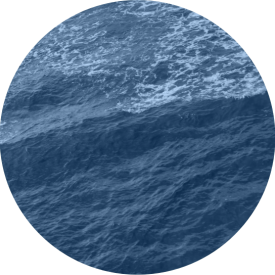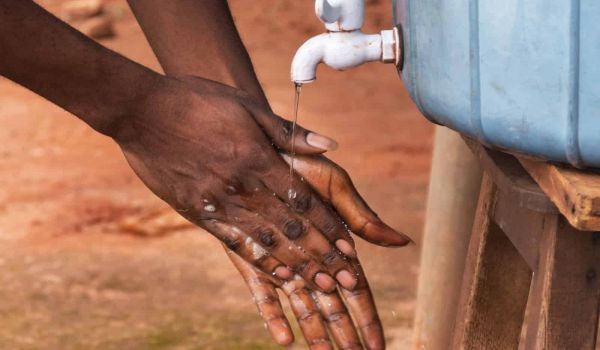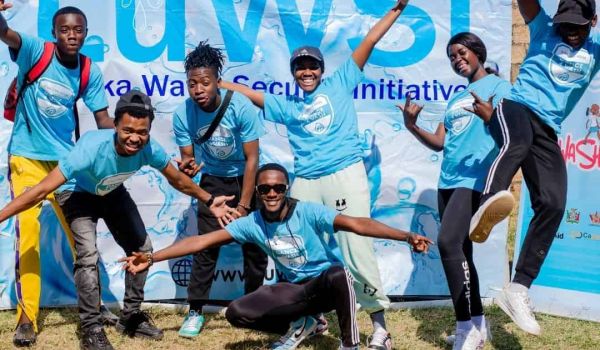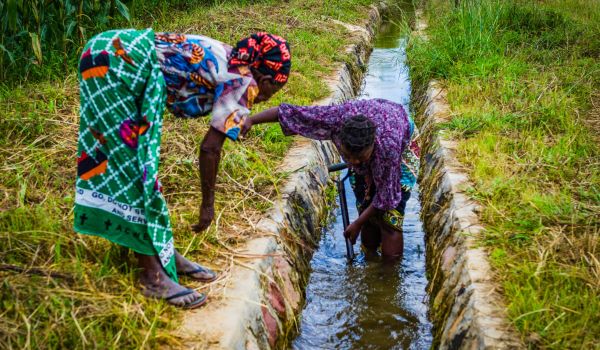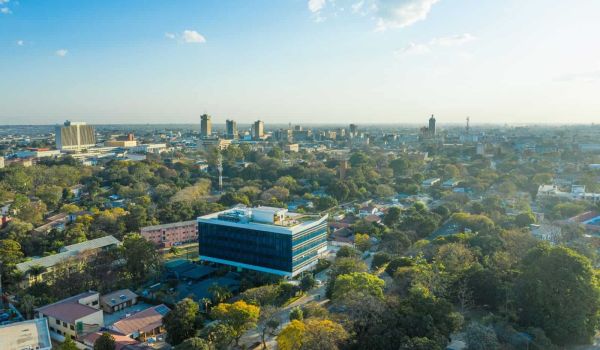-

E-Learning Course on Natural Resources Stewardship
Take our free, worldwide available e-learning about natural resources stewardship!
-
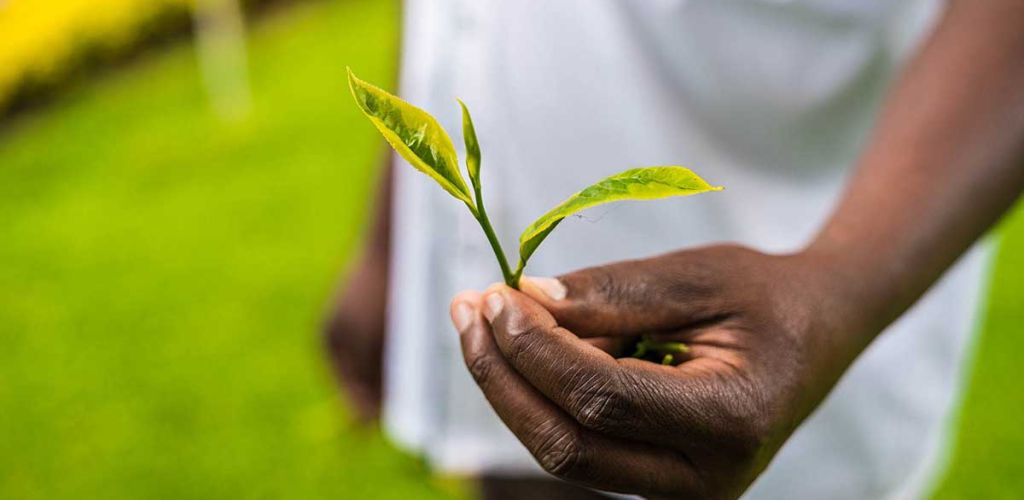
NatuReS’ Mission
The Natural Resources Stewardship Programme enables private-public-civil society partnerships to sustainably manage natural resources. -
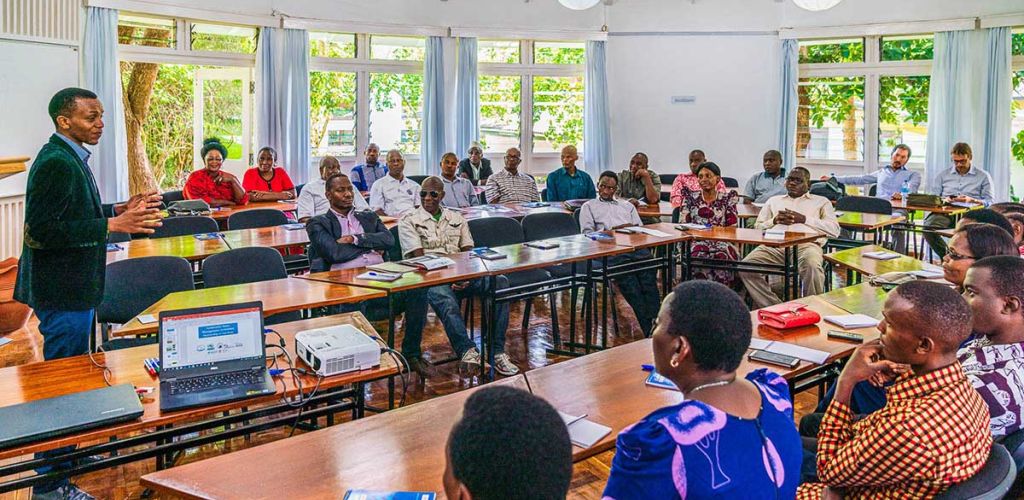
Promoting Natural Resources Stewardship
NatuReS enables partners to work together in mitigating risks and realising opportunities.
-
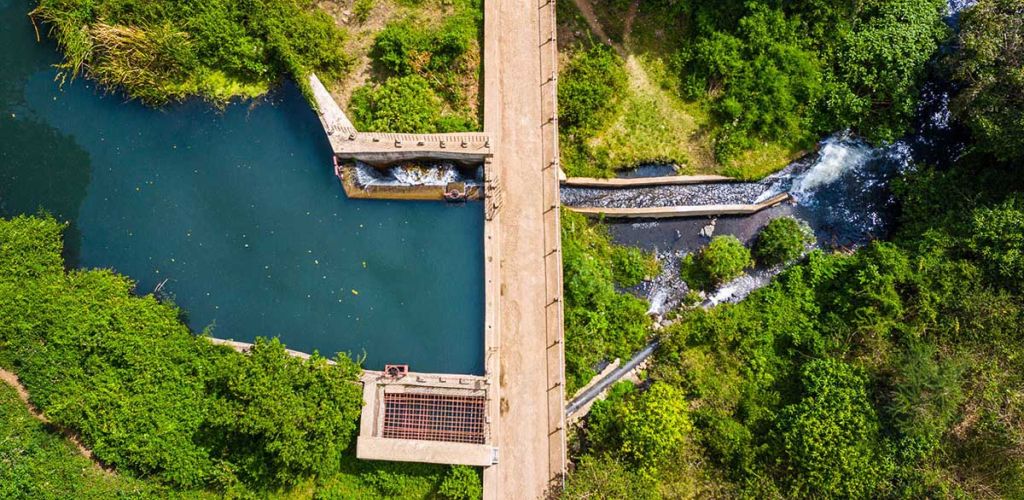
Targets and Achievements
NatuReS has set 10 targets to measure its support of sustainable economic growth.
Protecting Natural Resources
NatuReS’ proven expertise, tools and approaches empower diverse stakeholders to protect and enhance life supporting natural resources. The programme helps them to mitigate risks and realise opportunities with effective collaboration. By encouraging Natural Resources Stewardship, NatuReS supports a kind of economic growth that is socially and environmentally sustainable. Emerging private-public-civil society partnerships also strengthen participatory governance.
NatuReS in Numbers

123,592 jobs newly created or safeguarded
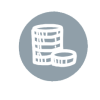
€ 289,094,625 secured or newly provided

15 mechanisms have led to at least three waste reducing interventions each

6 partnerships improved inclusive political participation
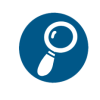
14 partnerships supported
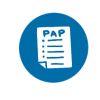
11 partnership action plans developed

50 trainings to improve natural resource management


3 learning experiences taken up by other partnerships
Learn more about our achievements.

